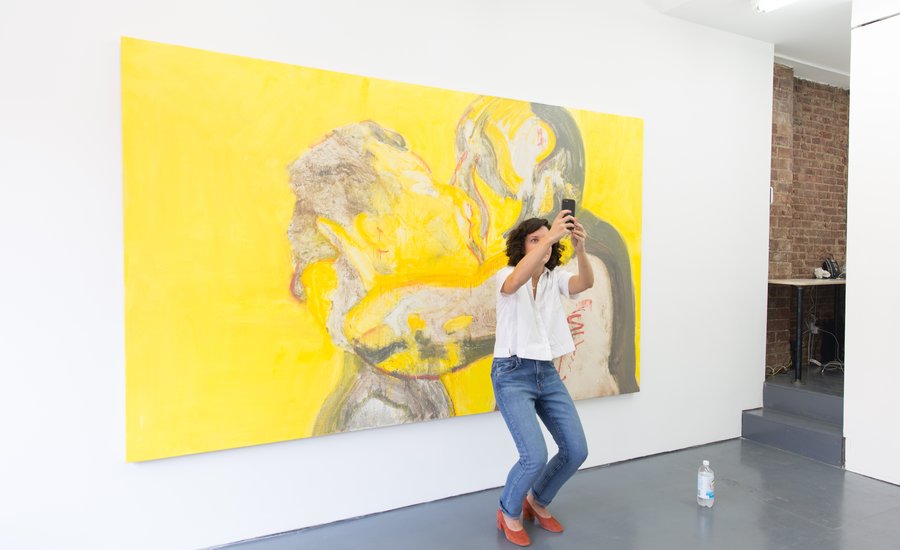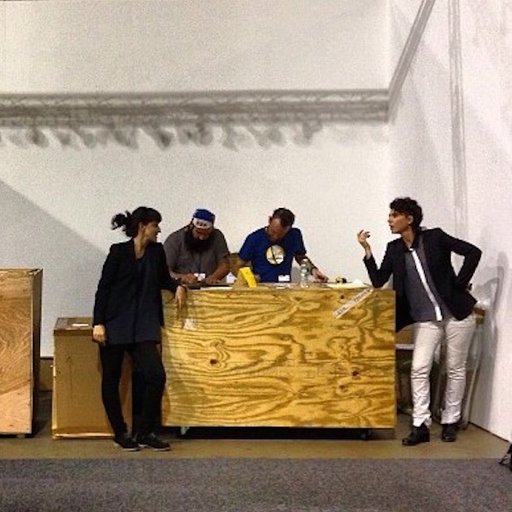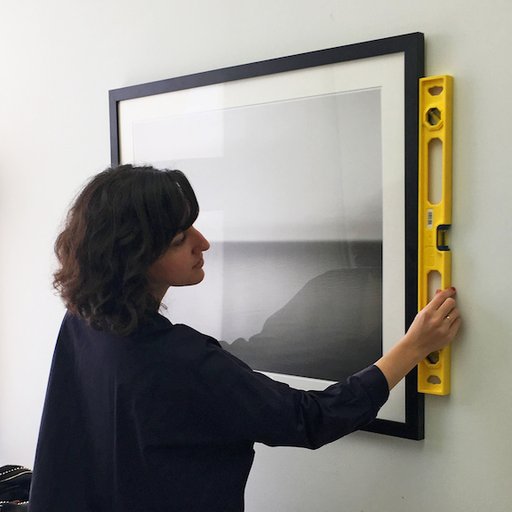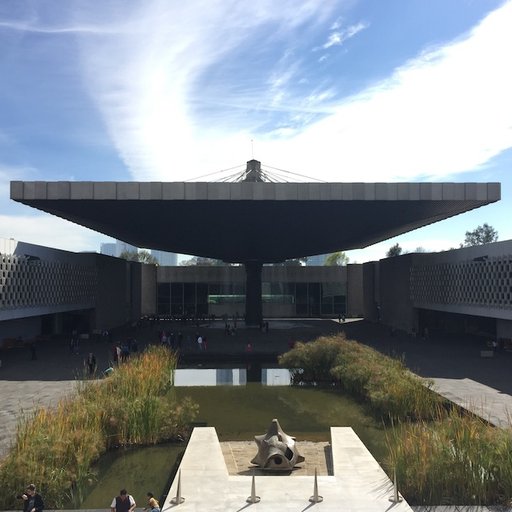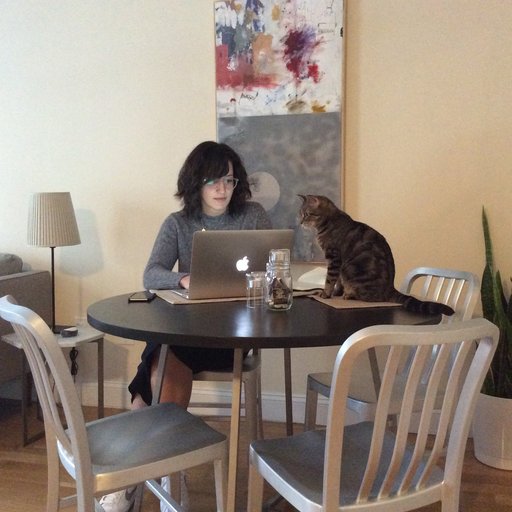Off the Handle is Artspace's advice column for all of your burning art-centric queries, answered by our Director of Gallery and Institutional Partnerships (and co-founder of New York’s yours mine & ours gallery) Patton Hindle. Here, the longtime art world denizen weighs in on auctions, art fairs, MFA programs, and, perhaps most importantly, the etiquette around the ever-present opening open bar. Have something else you want to ask? Email her at offthehandle@artspace.com.
With so many online venues for selling work these days, and with art fairs contributing the bulk of gallery sales anyway, why do dealers need to have brick-and-mortar galleries anymore? – Tear Down the Walls, D.F., Mexico
First, it’s worth asking the question: at its core, what’s the point of a gallery? I think we would all agree that a gallery’s purpose is to further the careers of artists via sales and institutional opportunities. Both of these things can happen from art fairs and some from online viewing; however, the experience of having an exhibition of a cohesive singular body of work in a physical space cannot be replaced by the hyper-commercial, and very brief, art fair. An artist makes their work to be shown and as dealers, we owe it to them to give the best possible viewing experience we can. An art fair, in its very frenetic state, doesn’t always allow for that.
While there are many benefits to viewing art online —mostly that it allows access to a much larger audience than a brick and mortar space can—there are also limitations. Many artists make work that simply does not reproduce well or that might be an installation, which cannot yet be replicated in the digital sphere.
The brick-and-mortar gallery model exists for many reasons, the most important of which is to give an artist a space to exhibit. I would argue that model is not replaced but aided by art fairs and online venues, allowing them to reach a broader audience.
How closely should I track auction results and weigh them against retail prices for artist's work? Retail prices always seem significantly higher than works at auction and now auctions are run almost every month. What are the benefits of going through the gallery instead of bidding in an auction (or vice versa)? – Going Twice, Berlin, Germany
There’s been a lot of discussion about auction vs. primary-market pricing recently. I think the answer is really dependent upon your motivations. Typically speaking, auction pricing will be less than retail value with the exception of significant works which are often sold with the gamble of soaring well above retail. All of this is to say, I personally believe that art should not be acquired as an investment, but I do understand wanting to get a deal!
If you’re looking for a primary-market emerging to mid-career artist, I would urge you to work with the gallery to find a piece. In their hands your purchase will directly support a living artist, whereas, at the auction level, your purchase is supporting another collector. However, it is worth nothing that there can be scarcity in some artists primary markets making auction the most viable way to acquire a piece. Benefit auctions are actually a great way to acquire works by well-known artists at an affordable price-point while supporting a non-profit.
Finally, it’s worth noting that auctions can be a lot of fun to participate in, but be careful to know your financial limits! It’s easy to get swept up in the competitive atmosphere—a perfect storm of ego, lust-worthy objects, and champagne (sounds like a good Saturday night, no?).
I’ve been living and working in Brooklyn for the past three years and struggle to find time for my practice. I hadn’t considered going to get an MFA until a friend told me that was their plan. Are MFA’s really worth it? Wouldn’t I be better off staying here and working since all the galleries are in the city? – Mixed Media Mingler, Brooklyn, NY
Higher education is something that should be valued and, frankly, in our economic set-up in the U.S., is a luxury. I would only recommend taking out the loans and attending an MFA program if you’re doing it for the right reasons—to further your practice and have the time to make work and experiment. You should not be concerned about whether the dealers are in the same place as you—most travel to see MFA shows and your relationships can carry on without you being in the same physical environment via emailing jpegs and Skype studio visits. If you’re on the fence about applying, I would suggest waiting. It’s a treat to be in full-time education and you should be excited to be in that place, rather than uncertain.
How soon is too soon from walking into a gallery to make a beeline for the wine table? – Buzzed Meanderer, Los Angeles, CA
If it’s me? Immediately. Wine enhances the viewing experience, I promise. Plus, who wants to talk to me before I have my "personality drink"? Just make sure you’re not a repeat visitor to that bar. No one needs a staggering drunk in the middle of a reception—that’s for the after party.
[related-works-module]











